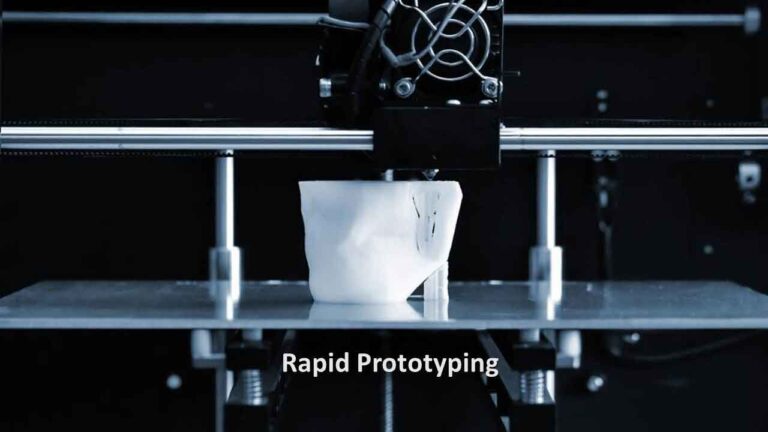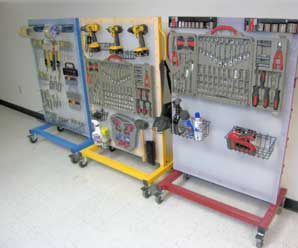3 Emerging Technologies Changing Project Management
With new technologies being introduced all the time, companies must keep up with global standards to succeed. A study published in the Research-Technology Management journal explains that companies that embrace an innovation-focused culture can better execute strategy, develop competitive advantages, and reach performance goals. Fortunately, with the advancement of technology today [emerging technologies], it’s much easier for business leaders to pursue innovative processes.

This is particularly important in project management, which serves as the backbone of an organization. That’s because internal or external projects act as catalysts that push the company forward. As such, it’s crucial for business leaders and project managers to heighten efficiency and productivity. Here are three emerging technologies to help them achieve this and ensure a project’s success.
Predictive analytics
Today, more businesses are discovering the benefits of predictive analytics. This technology uses historical data to make projections that guide business decisions, making it widely applicable to many industries and triggering its predicted growth from $12.49 billion in 2022 to $38 billion by 2028. It’s helpful in project management too. Since project managers are responsible for creating long- and short-term plans, delegating tasks and resources, communicating between executives and teams, and adjusting targets and budgets, they need comprehensive assistance when it comes to decision-making.
Project forecasting software allows managers to execute trend analysis, break-even analysis, and prescriptive analytics. These will enable them to estimate the project’s risk, cost, and potential returns and correct errors before they occur. Leaders can also look into resource scheduling software, which allows them to harness real-time financial and operational data. This lets them project revenue and resource requirements to formulate effective workstreams.
Artificial intelligence
Artificial intelligence (AI) has been critical for heightening efficiency by automating day-to-day administrative tasks. This allows managers to minimize the time needed for the earliest stages of project management, like timetables and resource distribution. As such, they can focus on strategizing and creative problem-solving.
Some critical uses of AI for project management include asset management and written business communication. Asset management allows businesses that rely heavily on hardware or machinery to ensure that everything runs smoothly, avoiding the sudden breakdown of these tools and causing a delay. It assesses functional efficiency to prevent mechanical failure and schedule maintenance for optimal performance. On the other hand, written business communication automates technical reports so workers don’t have to. This allows project managers to coordinate with executives more efficiently to provide constant progress updates and assess potential risks.
Internet of Things
The Internet of Things (IoT) is a system of physical devices connected under the same wireless network. These may include devices like mobile devices, appliances, and vehicles, among others. With automated data exchange and greater connection, IoT networks can prove invaluable to teams working on a project by fostering easier communication and collaboration.
One of the most essential functions of the IoT is hyperspeed reporting, which allows project managers to collect data in real-time. For instance, if your project uses numerous pieces of machinery for manufacturing, you can automatically view progress through the data this machinery transfers. You can also connect IoT to project management software to monitor every process on a single dashboard and control them remotely. Lastly, the IoT automates data collection, allowing you to efficiently collate project data, integrate that data with predictive analytics tools, and guide decisions for current and future projects.
Embracing an innovation-focused culture means utilizing the technologies available to you to optimize processes in the organization. With these three emerging technologies, you can optimize current operations, decision-making, and data collection to elevate efficiency and productivity in the long term.





